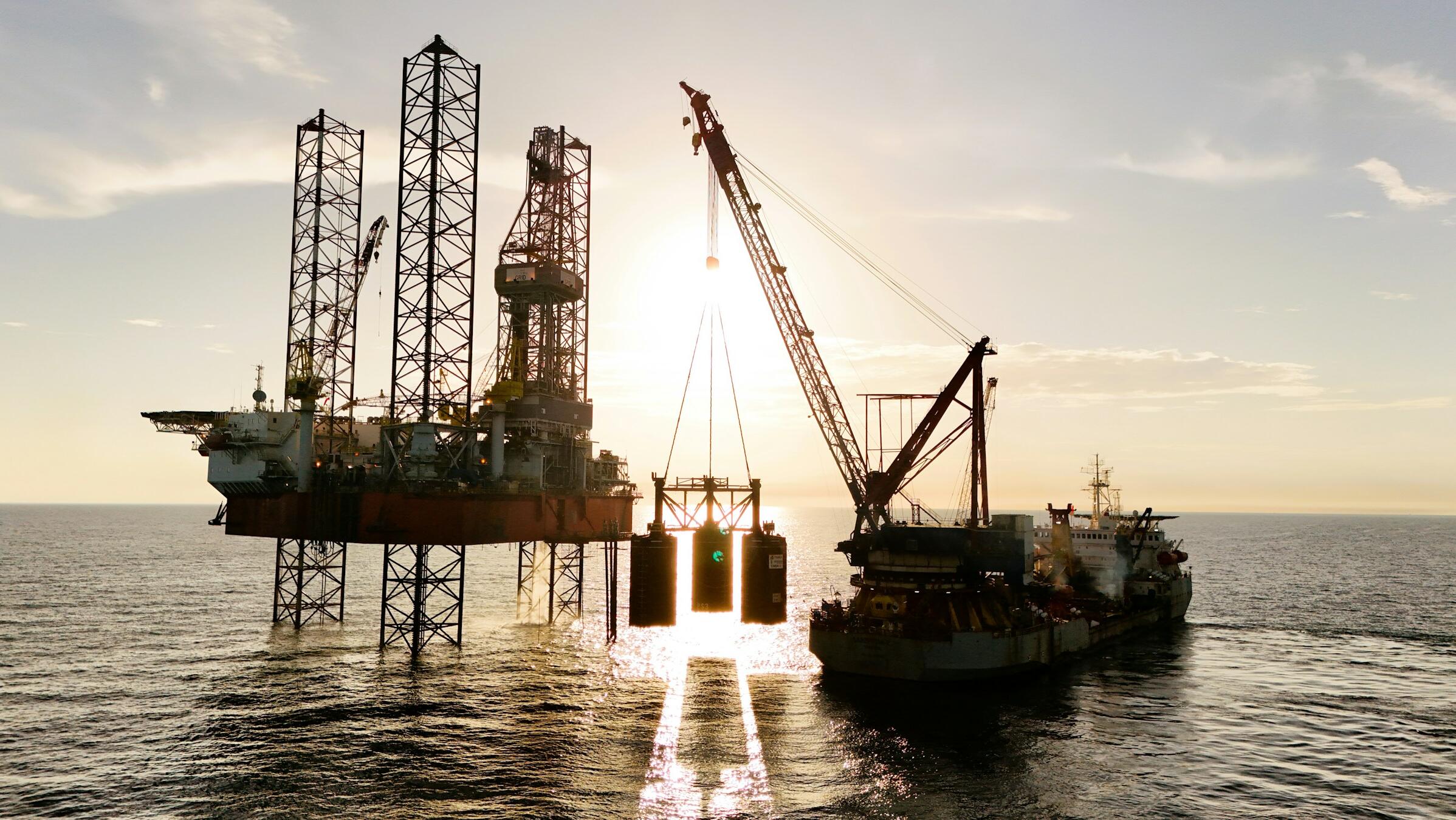Oil prices climbed during Asian trade on Tuesday as heightened tensions between Iran and Israel fuelled fears of broader instability in the Middle East and potential disruptions to global oil supply.
By 3 pm AEST (5 am GMT), Brent crude futures had risen $0.53, or 0.7%, to $73.76 per barrel, while West Texas Intermediate (WTI) crude advanced $0.52, also up 0.7%, to $72.29 per barrel.
The rebound came after oil settled 1.4% lower on Monday amid tentative hopes that hostilities might ease.
Reports emerged that Iran was seeking to de-escalate, prompting optimism among traders. However, the calm was short-lived.
Fresh concerns flared after United States President Donald Trump posted a warning on social media urging “everyone” to evacuate Tehran, the Iranian capital. The post added to market anxiety over the potential for a deep conflict that could threaten key oil infrastructure.
ANZ analysts commented: "The nature of Israel and Iran's attacks on each other over the weekend suggests risks to the oil market have escalated in this latest phase of the Middle East conflict.
"The main issue the market will have to watch for, however, is whether Iran’s retaliation broadens outside of Israel to disrupt oil flows in the Persian Gulf’s Strait of Hormuz. Over 17mb/d of oil supply transiting the Strait would be at risk."
As the conflict entered its fifth day on Tuesday, Iranian media reported explosions and sustained anti-aircraft fire over Tehran, while Israeli air raid sirens were triggered in Tel Aviv amid incoming Iranian missile fire.
Market attention remains fixed on the evolving geopolitical landscape. Iran, the third-largest producer within the Organisation of the Petroleum Exporting Countries (OPEC), plays a critical role in global supply, and fears of an extended military confrontation are raising the spectre of reduced output and constrained exports.
Added to the uncertainty, Reuters reported that President Trump is still aiming at a nuclear deal with Iran.
At the same time, separate reports emerged of a shipping-related incident in the Gulf of Oman, underlining the risks faced by vessels transporting oil and refined products through the region.



